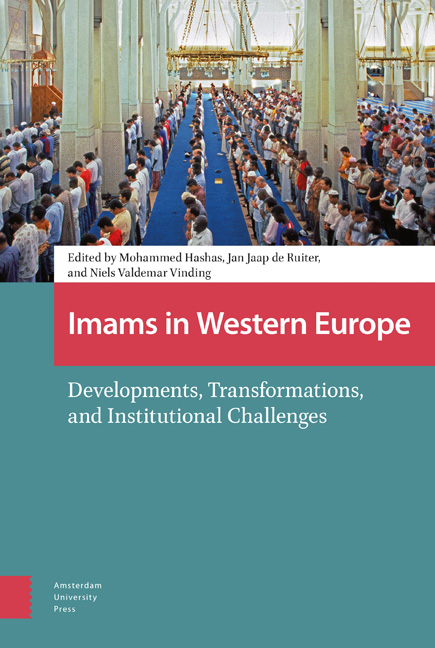11 - Islamic Female Religious Authority Between Agency and Governmentality: From the Moroccan Model to ‘Multicultural’ Europe
Published online by Cambridge University Press: 06 January 2021
Summary
Abstract
This chapter analyses the 2004 reform of the Moroccan Ministry of Endowments and Islamic Affairs, which established official women preachers and experts in Islamic Law. Based on ethnographic fieldwork, I discuss whether these female religious authorities mark a real evolution in the traditional male monopoly of Islamic spaces and discourses. The study also explores some of the challenges that the adoption of a similar model would imply for Europe. With reference to the recent debates about multiculturalism, gender equality, and Islam, I finish with a reflection on the contemporary challenges of the eventual promotion of official Muslim women preachers and scholars in Europe and the changes they might bring to Islam, religious authority, and the gender equality debate.
Keywords: Islamic female religious authority, agency, dispositive of power, governmentality, multiculturalism
Introduction
In this chapter, I analyse the gender-based reform of the Ministry of Endowments and Islamic Affairs of Morocco which, in 2004, institutionalized women's participation in the official Islamic bureaucracy and knowledgeproduction structures. This reform established murshidāt (sing. murshida), women preachers who have the task of teaching the ‘right’ Islam in mosques, as well as encouraging ʻālimāt (sing. ‘ālima), female scholars in Islamic Law, to participate in the construction of a national Islamic discourse. The fact that a woman is allowed to speak about Islam officially and in the public space of the mosque and other Islamic institutions, which are traditionally monopolized by male voices, has been perceived as a significant step towards the application of gender mainstreaming in public – including religious – institutions, and as a form of ‘Islamic State feminism’ (Eddouada and Pepicelli, 2010). Islamic feminism aims at a deep egalitarian access to religious discourse and institutions based on the right to have the authority needed to interpret sacred texts, from a ‘gender jihad’ perspective (Wadud, 2006). From this perspective, religious authority can contribute to questioning the Islamic patriarchal tradition and to affirming gender equality in society (Mir-Hosseini, 1999). In this chapter, I aim to demonstrate that the Moroccan reform analysed here does not aim at establishing respect for legal gender equality in public and private spaces, however inclusive it may be of women religious authorities: it merely renders it in continuity with the patriarchal conception of the gendered division of labour in the country.
- Type
- Chapter
- Information
- Imams in Western EuropeDevelopments, Transformations, and Institutional Challenges, pp. 205 - 228Publisher: Amsterdam University PressPrint publication year: 2018
- 1
- Cited by

